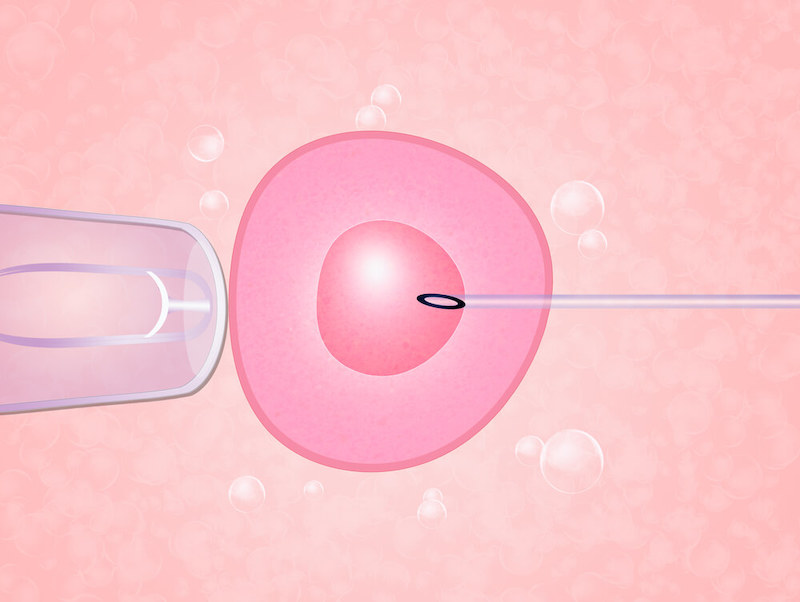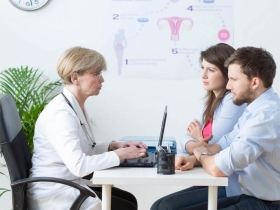What to expect from a donor egg IVF process
IVF with donor eggs is more than just transferring a few days old embryos. If you are the recipient of these embryos your body needs to be prepared for it. Your body should be ready to receive the embryo and offer it the best possible environment, thus increasing the chances of successful implantation.
Who is it suitable for
The donor egg IVF program is infertility treatment suitable for patients who:
- Are not of reproductive age anymore
- Have been through several IVF cycles unsuccessfully
- Have experienced early menopause
- Have abnormally elevated FSH levels
- Are at high risk for congenital/ genetic diseases
- Single fathers
- Gay couples
How does it work
The process of IVF donor egg fertilization typically starts with a consultation with a fertility specialist who should explain the treatment and answer any questions you may have. The specialist will examine you and decide whether this IVF process is safe for your health. The tests you will undergo are a saline uterus sonogram, a full blood count, a pap smear, a mammogram, a diabetes test, and an EKG.
If you are over 50 years of age, the doctor might ask for authorization from a perinatologist, or an obstetrician who specializes in high-risk pregnancies. The final step is a consultation with a psychologist who will determine whether you are ready for being a parent.
The next step is donor selection. Patients have the option to select a donor they already know, like a friend or relative, or choose from a database. In the second case, you will probably be provided with photos of the donors. Egg donors are put through extensive screening for physical and mental health issues as well as genetic testing.

Synchronization of the cycles of both the recipient and egg donor is the following step. It is imperative for your uterine lining to be ready for the implantation of fertilized donor eggs. Birth control pills facilitate this synchronization. Optimizing the uterine lining also includes endometrial receptivity testing and immunologic donor-recipient matching [1].
When the donor eggs are ready for retrieval they are extracted and fertilized with the semen sample provided the same day. Then, around the third day after insemination, the embryos will be transferred into your uterus.
The decision of how many embryos are to be transferred should be made after a discussion between you and your doctor.
Finally, after the embryo transfer, you may require medication to maintain your hormonal balance. Medications such as these will support the implant and the embryo's growth.
Chances of twins
Like with IVF, the simultaneous transfer of two embryos can result in twins. However, because egg donation IVF has the highest success rate per cycle, the chance of twins is also the highest. In fact, twins occur in half of donor egg pregnancies.
How long does it take
After completing all the screening tests mentioned in this article, the transfer of embryos from frozen eggs can take place anywhere between 6 and 8 weeks. If you prefer fresh eggs the time needed can be between 112 to 16 weeks from retrieval of the donor eggs.
Sources:






